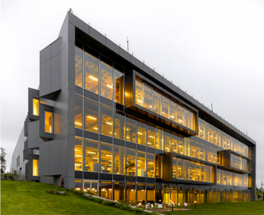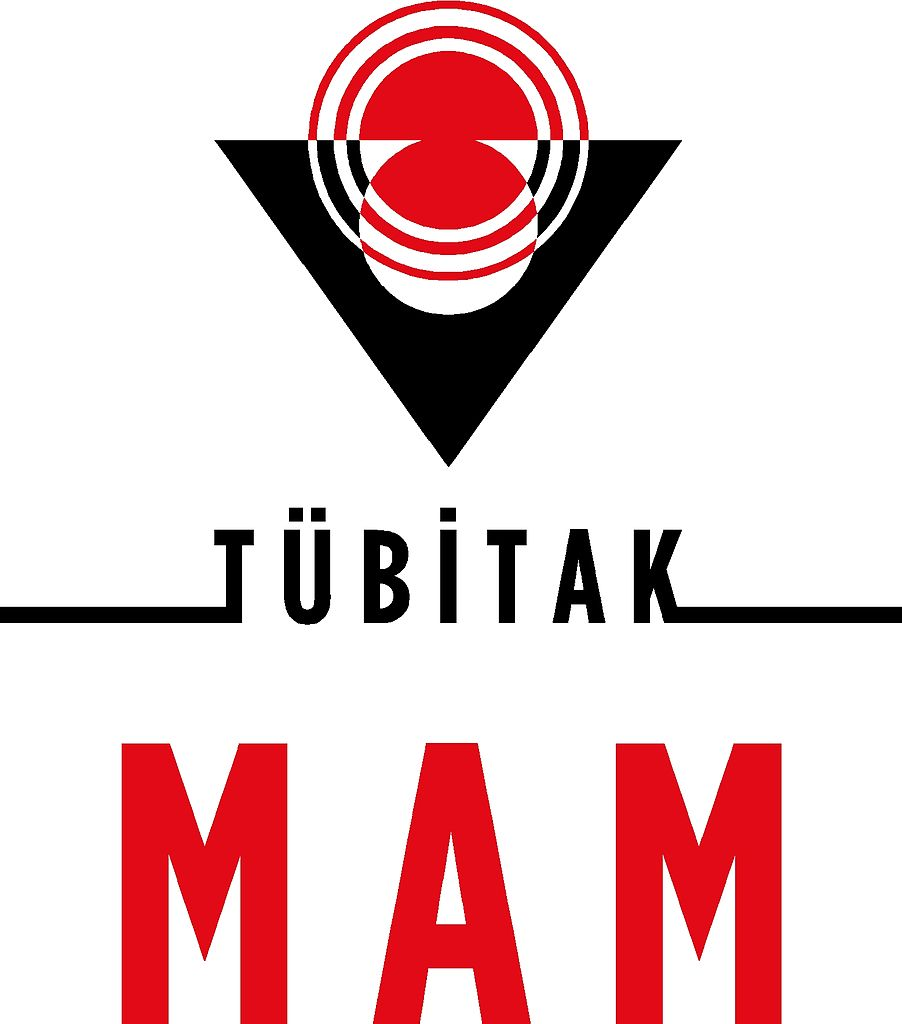 |
Country: Turkey |  |
||
| Submit Testing/Consulting Request | ||||
Description: TÜBİTAK, the Scientific and Technological Research Council of Turkey, with its vision to be an innovative, guiding, participating and cooperating institution in the fields of science and technology, serves for the improvement of society’s life standards and for sustainable evelopment of Turkey. TÜBİTAK supports innovation through academic and industrial R&D studies, conducting research and development activities in accordance with national priorities and by determining the science and technology policies of Turkey.
Marmara Research Center is one of the oldest and largest research centers of TÜBİTAK and conducts applied research and development activities.
Energy Institute is one of the seven institutes of TÜBİTAK MAM, conducting project-based studies in the field of energy technologies. A pioneer and competent research institute with more than 30 years of experience and knowledge in applied and multidisciplinary R&D studies on energy technologies, proven by significant projects at national and international scale.
Facilities:
Clean Coal and Biomass Technologies
Equipment and fields of activity:
- Coal and biomass preparation and upgrading
- Combustion technologies (conventional and oxycombustion)
- Fixed and fluidized bed gasification
- Liquefaction and pyrolysis
- Gas cleaning technologies
- Gas conditioning
- Production of liquid fuel, hydrogen and valuable chemicals from syngas
- SOx removal and CO² capture in flue gas
- Polygeneration (heat, electricity, cooling, liquid fuel and chemicals) applications
- Thermal power plant base line analysis and performance improvement
- Thermal power plant waste heat utilization and district heating
- Boiler design for thermal power plants
Hydrogen and Fuel Cell Technologies
Equipment and fields of activity:
- Hydrocarbon based hydrogen production and conditioning
- Catalytic burners, reactors and catalysts
- Fuel cell based micro-cogeneration systems
- As part of fuel cell technologies research:
- Fuel cell stack and system sub-components
- Fuel cell system integration, power conditioning and control
- Fuel cell component and stack tests
- Sodium borohydride based hydrogen production and fuel cell applications
- Stationary and portable applications
- Transportation and intelligence applications
Fuel Cell Types:
- DSBHFC (Direct Sodium Borohydride Fuel Cell)
- PEMFC (Polymer Electrolyte Membrane Fuel Cell)
- DMFC (Direct Methanol Fuel Cell)
Transportation Technologies
Equipment and fields of activity:
- Hybrid and electric drive systems
- Electric motor and drive technologies
- Battery and battery management systems
- Vehicle modelling, simulation and dynamic analyses
- Vehicle control systems
- Power inverter and charger systems
- Range extender systems
- Advanced driver assistance systems (ADAS)
- Internal combustion engine technologies
- Traction system, train control and management systems for rail vehicles
- Special vehicle design and applications (remotely operated underwater vehicle [ROV], remotely operated mine robot, etc.)
Energy Storage
Equipment and fields of activity:
- Cells, stacks and batteries for electric vehicles and portable devices
- Electrode development for lithium-ion, lithium-air and lithiumsulphur battery applications
- Designing and manufacturing thermal and electrical battery management systems
- Pilot scale lithium-ion battery production
- Magnesium-copper iodide battery
- Super-capacitor development
- Energy storage systems for electricity grid stabilization applications
- Thermal storage systems
Electrical Power Technologies
Equipment and fields of activity:
- Design and development of analyses, hardware and software systems for improved power quality and energy efficiency
- FACST devices such as TSC, SVC, STATCOM, Active Filter and HVDC
- Wide area monitoring and control systems
- Power system monitoring and control systems
- Electrical grid information systems
- Short and long term demand forecasting for transmission systems, transient and steady state stability analyses
- Master plans and security analyses for transmission and distribution grids
- Modelling and verification of power systems and controllers for transmission systems
- Protection-coordination analyses and special protection systems
- Smart grid designs, protection and coordination systems
- Strong ground motion monitoring, record and control systems for power plants and natural gas distribution systems
Renewable Energy Technologies
Equipment and fields of activity:
- Solar Power Technologies:
- Photovoltaic inverter development
- Command and control systems for photovoltaic solar power plants Hydroelectric Power Plant Technologies
- Control, protection, excitation and synchronization systems
- Speed regulator and generator design
- Wind Energy Technologies:
- Generator and protection system designs for wind turbines
- Grid connection and automation systems development for wind power plants
- Wind power monitoring and forecasting systems
- Grid Connection of Renewable Energy Sources: Grid integration and compatibility analyses
- Optimization and Planning of Renewable Energy Sources
- Other Systems Integrated with Renewable (Geothermal, Wind, Solar) Energy Sources
Energy Storage
Equipment and fields of activity:
- Cells, stacks and batteries for electric vehicles and portable devices
- Electrode development for lithium-ion, lithium-air and lithiumsulphur battery applications
- Designing and manufacturing thermal and electrical battery management systems
- Pilot scale lithium-ion battery production
- Magnesium-copper iodide battery
- Super-capacitor development
- Energy storage systems for electricity grid stabilization applications
- Thermal storage systems
SCADA Technology:
- SCADA technologies present in the labs: Smart Grid technologies, Communication Mediums and Protocols Testing, Protection Relays, PLCs, Modelling and Analysis, Process Control, Power Plant Rehabilitation Projects, Developing Control Mechanisms and Algorithms.
- Most important communication standards in Turkey: BTK Policies, EPDK-TEİAŞ Policies
- Most important communication protocols in Turkey: IEC 61850, IEC 101, IEC 104, IEC 60890
- Most important equipment vendors for SCADA components in Turkey: SIEMENS, ABB, Schneider
- Most important Smart Metering statndards in Turkey: ETSI, CENELEC, IEC
- Most used broadband technologies to control SCADA systems in Turkey: Dedicated Fiberoptics, Dedicated leased lines, Wi-Fi, Wi-MAX, ADSL, Cell Technologies
- Most important standardization organizations for Turkey: TSE, BTK, EPDK, TEİAŞ
- Technology, considered as most important for the next 10 years concerning Smart Grid/Renewable Energy: Micro Grid, Grid operation and planning with Intense DERs and Renewables, Smart home, Demand Response
- Communication protocols, considered as most important in the future in Turkey: IEC61850
last updated: 02.05.2017
